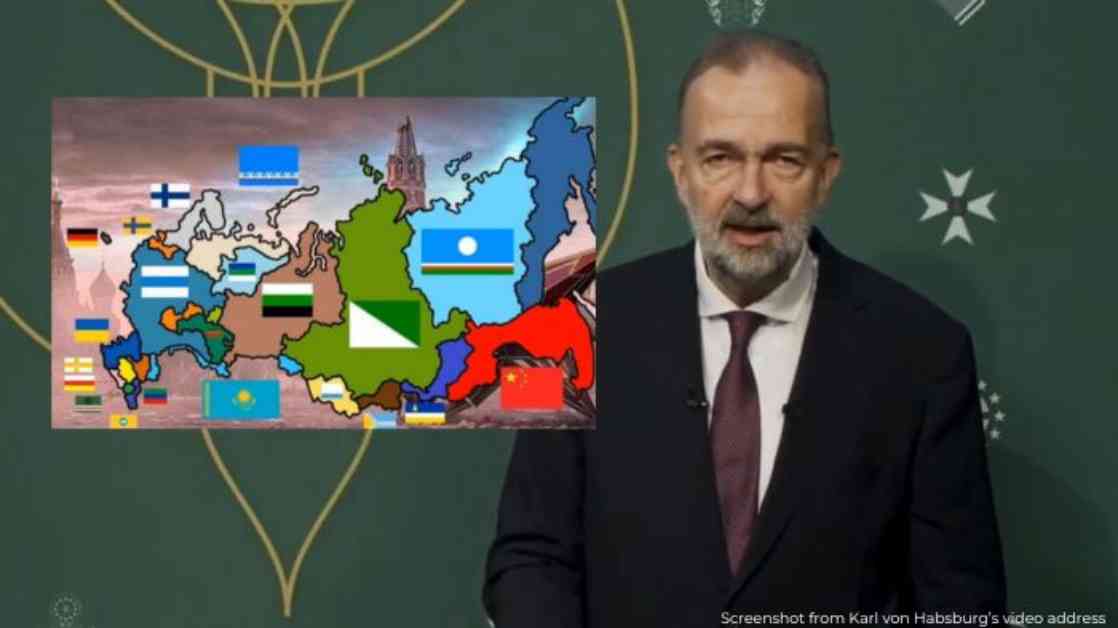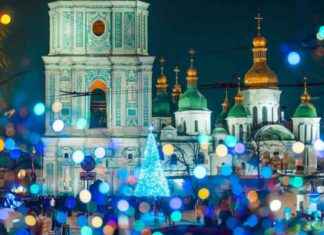**Preparing for the Collapse of Big Russia: Habsburg’s Urgent Warning to Europe**
Karl von Habsburg, the head of the esteemed Habsburg-Lorraine dynasty and Honorary President of the Pan-European Movement Austria, delivered a powerful speech urging Europe to brace for a potential collapse of the “Moscow colonial empire.” During his annual address on Europe’s future, Habsburg emphasized the need for increased support for Ukraine in the face of escalating tensions.
The Warning Signs
Despite the absence of overt indications of Russia’s downfall, Habsburg drew parallels to the unforeseen collapse of Assad’s regime in Syria, highlighting the unpredictability of such events. He categorically labeled today’s Russia as a “classic colonial empire,” alleging economic exploitation and oppression within its borders, particularly evident in the ongoing conflict with Ukraine.
The Case for Europe
Urging Europe to proactively plan for a potential fragmentation of the Moscow-centric state, Habsburg underscored the significance of preparing for the aftermath of a hypothetical collapse. Drawing attention to China’s contingency plans for securing specific regions in Russia post-collapse, he emphasized Europe’s need to follow suit.
The Call for Action
Central to his address was the plea for increased support to Ukraine, characterizing the ongoing conflict as not merely Putin’s war but one backed by the Russian populace. Habsburg condemned Europe’s tepid response to Russian aggression, likening it to the appeasement of Hitler in the lead-up to World War II and stressing the necessity of providing unrestricted military aid to Ukraine.
Unmasking Disinformation
Identifying the insidious “disinformation war” waged by Moscow as a critical threat to European stability, Habsburg warned of Russia’s pervasive influence across multiple fronts, including social media, political parties, media outlets, and academic institutions. He called for a united front in combatting these deceptive tactics and safeguarding Europe’s democratic values.
In conclusion, Karl von Habsburg’s impassioned plea for European solidarity and unwavering support for Ukraine resonates as a clarion call to action in the face of looming geopolitical uncertainties. As he continues his father’s legacy through the Pan-European Movement, Habsburg champions a vision of continental unity grounded in shared cultural values, democratic principles, and economic cooperation.
Let’s reflect on Habsburg’s words and ask ourselves: What role can each of us play in shaping a future where freedom triumphs over aggression and disinformation?

















